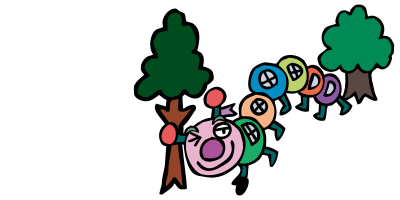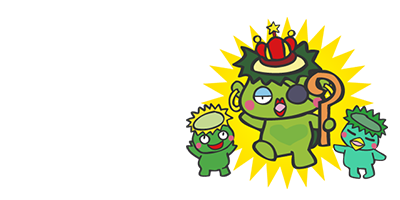In 1972, the Third King passed away, and the young crown prince became king at the age of 16, the youngest monarch in the world at the time.
The Fourth King first worked on the modernization and growth of the country. At that time, many of the areas in Bhutan lacked basic infrastructure such as water and electricity, and there were only a few hospitals and schools. People in many areas of the country had to walk or ride mules to get around, and telecommunication services were lacking.
The Fourth King put significant effort into the modernization and growth of domestic agriculture and other industries, as well as water, electricity, and other infrastructure to improve people's quality of life. However, His Majesty was very careful to promote moderate modernization by seeking the best balance between old and modern lifestyles. This was because His Majesty wanted to preserve the traditions, culture, nature, and the environment of the country.




